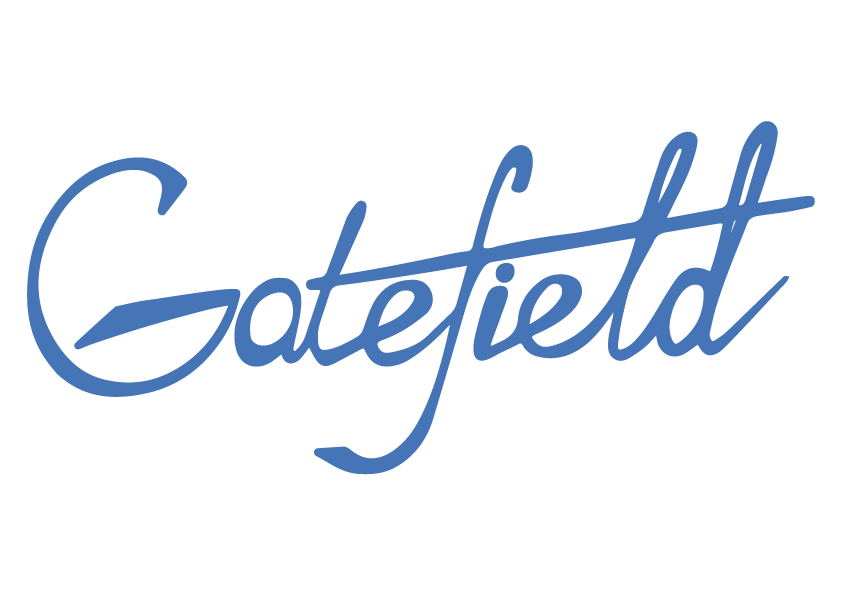This policy brief was written by Nsidibe-Abasi Joy Una and Edozie Chukwuma
Nigeria has one of the highest rates of alcohol use among adults aged 15 and above in sub-Saharan Africa. Although alcohol consumption is a personal choice, its abuse has severe consequences on the health of consumers. Without controlled access, alcohol can lead to a high level of dependency with harmful withdrawal effects. Alcohol abuse is responsible for over 29% of deaths in Nigeria, including 50% of road traffic accidents. Nigeria is rated highest for years of life lost due to alcohol. Despite this, alcohol availability is loosely regulated, and unlicensed brands are easily accessible to minors.
Several policies and plans exist to regulate harmful alcohol consumption, including the Nigeria NCDs action plan, the Federal Road Safety Act (2007), and the National Agency for Food and Drug Administration and Control (NAFDAC) Act. However, these policies do not operate within a cohesive alcohol reduction framework. Furthermore, weak implementation of the existing policies hinder their effectiveness. For example, enforcing the alcohol-related aspects of the Federal Road Safety Commission (FRSC) legislation has been difficult due to insignificant fines, lack of alcohol testing equipment, and inadequate awareness campaigns on the dangers of alcohol consumption.
Likewise, NAFDAC regulations including the gradual phasing out of the sales of high-concentration alcohol in small packages apply to industry but do not necessarily cover the whole spectrum of regulating the production, marketing, and consumption of alcohol. Nigeria currently imposes a tax on alcoholic beverages but the tax rate isn’t effective as it is lagging behind peers on the continent and there is no evidence that the tax has reduced consumption of alcohol.
Nigeria needs a cohesive standalone alcohol policy to consolidate these policies and actions. This policy can be governed by the World Health Organization’s SAFER initiative which recommends interventions that can mitigate harmful alcohol use, such as multisectoral collaboration, increasing alcohol taxes, restricting access, and banning alcohol advertising. Implementing these interventions, along with licensing regulations, pricing mechanisms, awareness campaigns, and enforcement, can reduce alcohol consumption and related health concerns, especially among young people.



